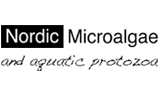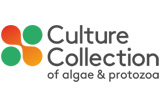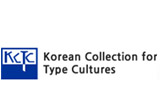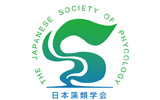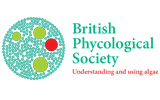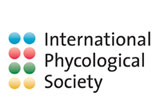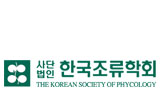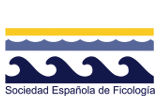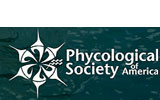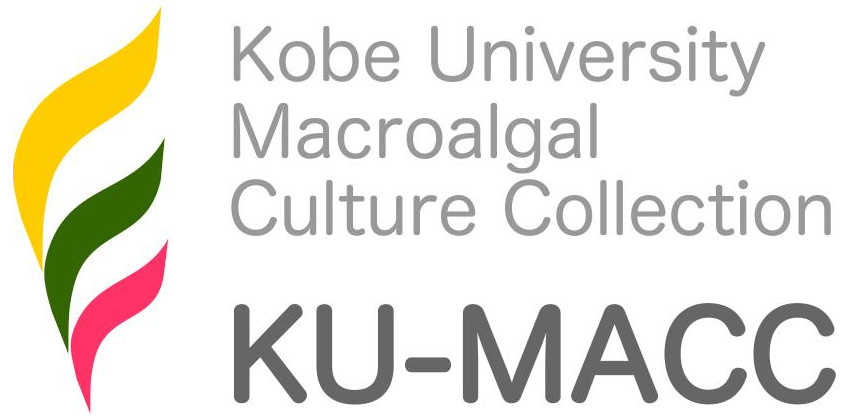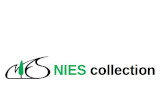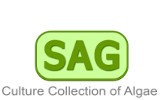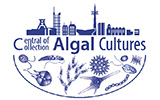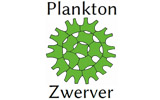Bonnemaisonia hamifera Hariot 1891
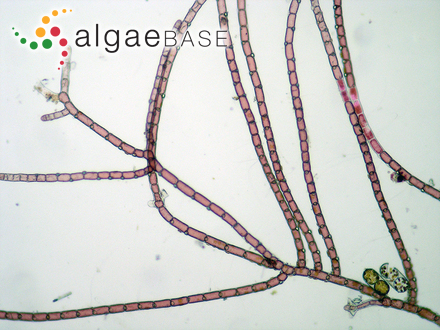
Current name:
Bonnemaisonia hamifera Hariot
Trailiella intticata, Ría de Vivero, Galicia, Spain, 2015 - 24 December 2016. Ignacio Bárbara (barbara@udc.es)
Publication Details
Bonnemaisonia hamifera Hariot 1891: 223
Published in: Hariot, P. (1891). Liste des algues marines rapportés de Yokoska (Japon) par M. le Dr Savatier. Mémoires de la Société nationale des sciences naturelles de Cherbourg 27: 211-230.
Type Species
The type species (lectotype) of the genus Bonnemaisonia is Bonnemaisonia asparagoides (Woodward) C.Agardh.
Status of Name
This name is of an entity that is currently accepted taxonomically.
Type Information
Type locality: Yokosuka, Japan; Holotype: PC; (Dawson 1953: 55) Notes: Dawson (1953: 55) notes that the holotype is from a collection by Dr. Savatier, probably in the Herbarium of the Museum d'Histoire Naturelle, Paris.
Origin of Species Name
Adjective (Latin), hooked (Stearn 1983).
General Environment
This is a marine species.
Description
In Ireland and Britain, gametophyte plants occurring from March-June, brownish-red, fronds feathery, with a slightly flattened axis to1 mm wide and 350 mm long, attched to Cytstoseira and other algae by crozier-shaped, hook-like modified branches. Tetrasporophyte (“Trailliella-phase”) plants occurring all year round, but most obvious in October-March, brownish-red, much branched, filamentous, in dense cotton-wool-like tufts to 25 mm in diameter.
Habitat
Probably introduced from Japan or its environs, at the end of the last century; gametophyte first found in Europe (Isle of Wight) in 1893, on rocks and other algae, lowest intertidal and subtidal, southern and western coasts, rare. Tetrasporophyte first recorded in British Isles (Dorset) in 1890, epiphytic on Corallina, lower tidal pools and subtidal, now widely distributed on southern and western coasts to Shetland Isles, frequent and can be abundant in certain locations, notably where there are large, lagoon-like lower intertidal pools.
Key Characteristics
Crozier-shaped hooks for secondary attachment; sesonal occurrence from March to June.
Similar Species
Gametophyte: B. asparagoides, which lacks the crozier-shaped hooks and is largely a subtidal plant. Tetrasporophyte: ball-like habit is shared with the 'Falkenbergia-phase' of Asparagopsis armata. A microscope is required to distinguish the two: the tetrasporphyte of B. hamifera has small colourless cells that alternate from side to side of the filamet; these are absent in the tetrasporphyte of A. armata, which, in addition, is several cells in width.
Created: 30 March 1996 by M.D. Guiry.
Last updated: 01 February 2024
Verification of Data
Users are responsible for verifying the accuracy of information before use, as noted on the website Content page.
Linking to this page: https://www.algaebase.org/search/species/detail/?species_id=9
Citing AlgaeBase
Cite this record as:
M.D. Guiry in Guiry, M.D. & Guiry, G.M. 01 February 2024. AlgaeBase. World-wide electronic publication, National University of Ireland, Galway. https://www.algaebase.org; searched on 21 November 2024
 Request PDF
Request PDF
